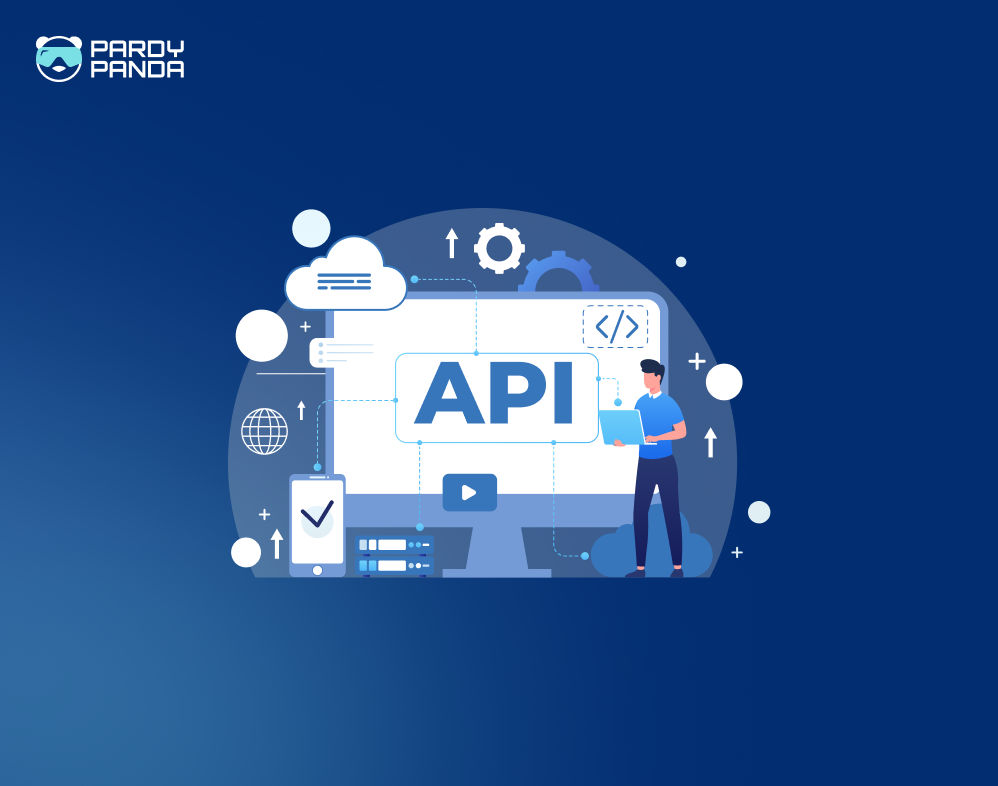These AI APIs Deserve a Spot on Your Radar in 2025
Everyone's using the usual suspects: ChatGPT for content, Stable Diffusion for images, Whisper for transcription. But what if you're building a product and want to go deeper, faster, smarter, without reinventing the wheel?
Let’s explore lesser-known but incredibly powerful AI APIs that are reshaping how nimble founders build tools, automate operations, and stay ahead of the curve in 2025.
1. MindStudio API – Build AI Flows Like Airtable for Automation
Think of it as Zapier + AI + zero code. MindStudio lets you build AI-powered automations using natural language logic. You connect your data, instruct it like:
"If sentiment is negative, write a personalized email and log the user into HubSpot."
Boom. Done.
Use Case: A DTC skincare brand founder set up post-purchase analysis. It scanned reviews, flagged negative ones, generated apology emails, and assigned a human follow-up.
Pro Move: Utilize this API to automate high-context decisions such as refund eligibility or tiered customer replies.
2. Hume AI – Emotion-Aware Interfaces via Voice or Video
Hume is not your average voice-to-text tool. It reads emotion from speech, tone, and facial cues. It doesn’t just tell you what someone said but how they said it.
Why it matters: Asynchronous onboarding, interviews, or sales calls can now come with an emotional layer. That’s gold for product-led growth.
Use Case: A founder of a hiring platform used Hume API to add “emotional scoring” to recorded interviews, helping hiring teams filter by confidence or empathy levels.
Quick Analogy: Imagine adding a “mood sensor” to your Zoom calls automatically.
3. Papercup API – Human-Sounding AI Voiceovers with Auto-Translation
Need to scale content globally? Papercup takes your English video/audio and dubs it in 70+ languages with voice inflections that sound weirdly human.
Use Case: A bootstrapped ed-tech founder tripled YouTube reach by repurposing one course into 8 global languages, no reshoots.
Tip: Great for founders doing webinars, tutorials, or brand explainers. Add Papercup to automate localization, fast.
4. Eden AI – Your Swiss Army Knife of AI Providers
Think of Eden as an AI API aggregation-as-a-service. Translation, OCR, image tagging, text-to-speech, all in one place, no vendor lock-in.
Use Case: A logistics founder A/B tested three OCR APIs (Google, Mindee, Nanonets) for shipping label parsing, swapping in the best performer without code rewrites.
Why it’s genius: One integration, infinite vendor flexibility. Hedge your risk.
5. Sloyd AI – 3D Model Generation for SaaS, Gaming, AR
Yes, 3D models, generated via API. Sloyd helps you create customizable 3D assets for games, AR previews, and even Shopify-like product configurators.
Use Case: A furniture founder prototyped a “build-your-own-sofa” tool, feeding Sloyd product dimensions and materials to generate real-time 3D renders.
Suggestion: If your SaaS or e-commerce involves any form of customization or virtual interaction, this API gives you next-level UX.
Final Word: It’s Not Just About AI, It’s About API Intelligence
While others obsess over building yet another chatbot, savvy founders are thinking API-first:
- How can I automate complexity with intelligence?
- Where can I add “smart layers” to boring ops?
- Can AI react to my users in real-time?
These APIs aren’t just tools, they’re levers. The kind that multiply your startup’s output without multiplying your team size.
Ready to Integrate Smarter AI Into Your Product?
At Pardy Panda Studios, we don’t just follow AI trends. We help founders productize them.
Whether you're building a platform, tool, or automation workflow, our team can help you select, test, and integrate the right AI APIs with full-stack support, from frontend to backend to deployment.
Schedule a free strategy session. Your next 10x feature might just be an API away.
Your trusted tech partner for AI-Powered Product Development.
Frequently asked questions
Q1. What are the best AI APIs for founders in 2025?
Some of the most underrated but powerful ones include MindStudio (AI flows), Hume (emotion analysis), Papercup (AI voice dubbing), Eden AI (multi-vendor gateway), and Sloyd (3D model generation). These offer niche capabilities that are high-leverage for startups.
Q2. How do I choose the right AI API for my product?
Start by identifying your core task. Do you need analysis, automation, content, or personalization? Then test APIs with free tiers (like Eden or MindStudio). Prioritize reliability, ease of integration, and vendor flexibility.
Q3. Can AI APIs replace my need for a full dev team?
Not fully. APIs accelerate development but still require thoughtful integration, UI/UX design, testing, and scaling, which is where a tech partner like Pardy Panda Studios adds real value.
Q4. Are these AI APIs cost-effective for bootstrapped startups?
Yes. Many offer usage-based pricing, generous free tiers, or pay-as-you-grow models. Bonus: They save months of custom ML dev work.
Q5. How do I integrate these AI APIs into my stack?
Most APIs come with SDKs and docs. For scalable integration, we recommend using middleware layers, error handling, and async processing, something our dev team specializes in.





